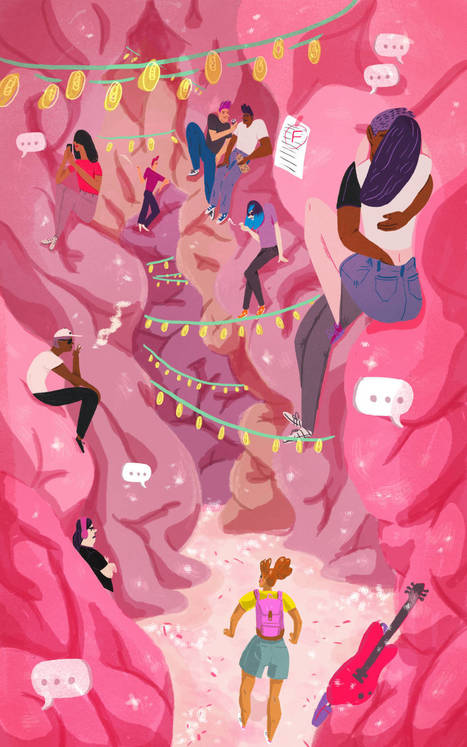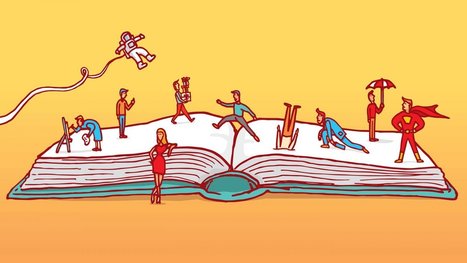http://www.w3.org/TR/xhtml1/DTD/xhtml1-strict.dtd">
A teenage brain is a fascinating, still-changing place. There's a lot going on: social awareness, risk-taking, peer pressure; all are heightened during this period.
Until relatively recently, it was thought that the brain was only actively developing during childhood, but in the last two decades, researchers have confirmed that the brain continues to develop during adolescence — a period of time that can stretch from the middle school years into early adulthood.
"We were always under the assumption that the brain doesn't change very much after childhood," explains Sarah-Jayne Blakemore, a professor of cognitive neuroscience at University College London.
But that's simply not the case, she says, and educators — and teens themselves — can learn a lot from this.



 Your new post is loading...
Your new post is loading...











